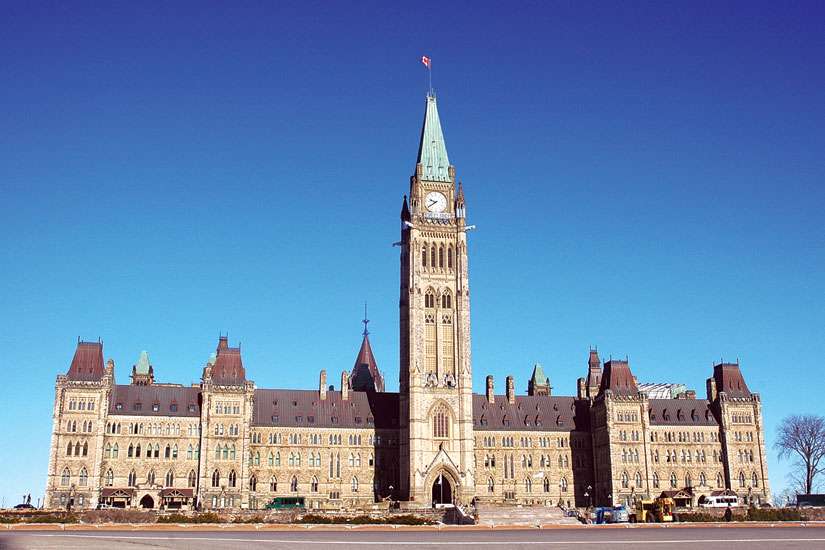Given a free hand, Ottawa would deny health coverage to refugee claimants from 37 so-called “safe” countries and severely reduce coverage for others while their refugee application grinds through the system. For years, all refugee claimants were entitled to the same basic health coverage as any Canadian on social assistance. The policy was fair and generous and, despite costing some $85 million a year, widely in keeping with the Canadian value of embracing those in genuine need.
But since 2012 that policy has been in the crosshairs of government because, Ottawa claims, Canadian generosity has been abused by fraudulent claims. True, fraud has occurred. Rather than target the fraudsters, however, Ottawa swung a broad scythe at a program that provides health care to people who flee desperate, often deadly, situations to rebuild their lives in Canada. It was a case of overkill that, last July, a federal judge denounced as a policy which “outrages our standards of decency.” She ordered reinstatement of the previous policy within four months.
So on Nov. 5, after failing to get an extension, and with the deadline looming, Immigration Minister Chris Alexander reluctantly acceded to the court order — sort of. He announced a return to a refugee health program that more resembles an older brother of the pre-2012 plan than its twin. It restores much of the previous coverage while retaining some exclusions in a complex formula that denotes 12 refugee classifications and assigns a degree of health coverage for each. For example, full coverage is provided in all 12 categories for cases that put public health at risk, basic coverage is extended to 10 categories, but only five categories qualify for drug coverage.
Critics understandably charge the policy falls short of the letter, let alone the spirit, of the government’s obligation. Indeed, Alexander himself calls it a stopgap that he opposes and will continue to oppose in appeal court. And that’s a shame.
It’s time the government retreated from this battle. It’s time it fully restored the policy that was in place up to 2012. It’s time it backed away from a refugee health strategy that is less compassionate, a policy that would deny medical care to legal refugees, including pregnant women and children, who fail to pass an arbitrary government test of suitability.
The life of refugees is difficult enough. They deserve better than this.

